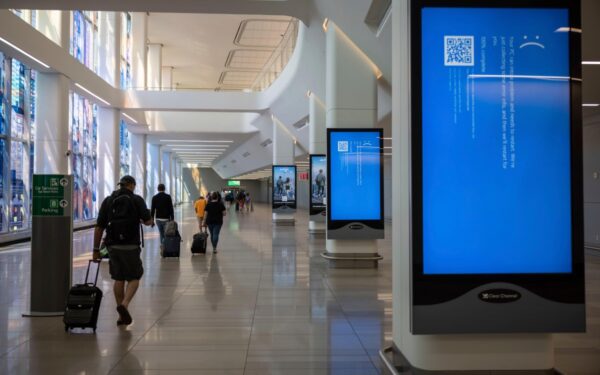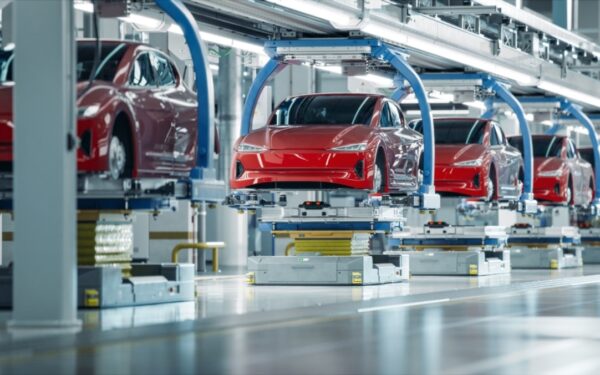A personal view from Ian Stewart, Deloitte’s Chief Economist in the UK. Subscribe to & view previous editions at: http://blogs.deloitte.co.uk/
I don’t recall a time when there has been so much interest and anxiety about the effects of new technology on jobs. Last week I took part in a panel discussion at the House of Commons on the future of work. These are the ideas I tried to convey.
1. Technology shapes work and drives human welfare, but so, too, do organisational innovations unrelated to technology. Specialisation in production, first articulated by the eighteenth century economist, Adam Smith, transformed production, but had nothing to do with technology. The era of low cost, mass air travel was ushered in, in the 1980s, by deregulation, not technology. The world of work is shaped by new ideas, some of them related to technology, many not.
2. Technology and new ideas have been destroying, and creating jobs, for centuries. Each generation is awed by the great inventions of the age. Many have believed they are on the verge of a new, uniquely destructive wave of job destruction. The chances are that today’s job jeremiahs will be as wrong as earlier ones.
3. Technology is not the main destroyer of jobs. More prosaic forces – recessions, competition, consolidation, bad decisions, changes in consumer preferences and the many other vagaries of a market economy – wipe out far more jobs.
4. Routine, less well-paid work, has been and remains most susceptible to automation.
5. The destruction brought about by technology tends to be direct and obvious. Machines have, for instance, replaced people on a vast scale in agriculture and manufacturing. Manufacturing accounts for just 8% of all jobs in the UK, down from about 40% at the end of the last war. In the UK and throughout the rich world, the legacy of such economic change can be seen in empty factories and higher jobless rates. The conspicuous and geographically focussed effects of machines on jobs in sectors like manufacturing has tended to fuel a pessimistic view about the effect of technology on jobs.
6. Less obvious are the channels through which technology creates more and better jobs. Some of them come in the new sectors themselves, such as today’s app designers and software engineers.
7. But the big job gains come as a result of the way in which technology improves productivity. Technology makes people more productive and useful – and increases demand for their services. And by reducing prices for consumers, productivity growth frees up spending power. Thus, spending on, and jobs in the leisure sector have surged because the real cost of staples such as clothing and food have fallen over time.
8. The fear is that the next generation of technologies, such as artificial intelligence, will prove so capable that they will supplant humans in even creative and cognitive work. This concern is, itself, age old (for artificial intelligence read ‘computer’ in the last 50 years or ‘machine’ at any time in the nineteenth century).
9. Humans have an insatiable appetite for ‘more and better’. We are buying more clothes, drinking more overpriced coffees and having more therapy and gym sessions than our grandparents could have imagined. But even in the rich world few would say they have run out of things to spend money on. There are infinite outlets for idle resources: more and better health and social care, new infrastructure, scientific research, housing, the list is endless. The basic economic problem – of finite resources and infinite desires – is not solved by technology. To believe that you need to believe that machines will be able to meet all our needs today and forever.
10. The nature of jobs changes over time. The 1871 census of England and Wales, the first to ask about occupations, included many roles, such as nurse or accountant, which are recognisable to us. The nature of those jobs have changed completely. The computer freed accountants from their age-old role of recording data and computation, making them more productive and enabling them to take on a wider range of tasks. Anyone who, in 1871, was able to foresee the spreadsheet or the calculator would probably have thought that accountants were heading for extinction. Today there are around 20 times as many accountants working in England and Wales than in 1871. Assuming that the characteristics of work are static over time is one of the reasons we tend to overdo the pessimism about tech and jobs.



